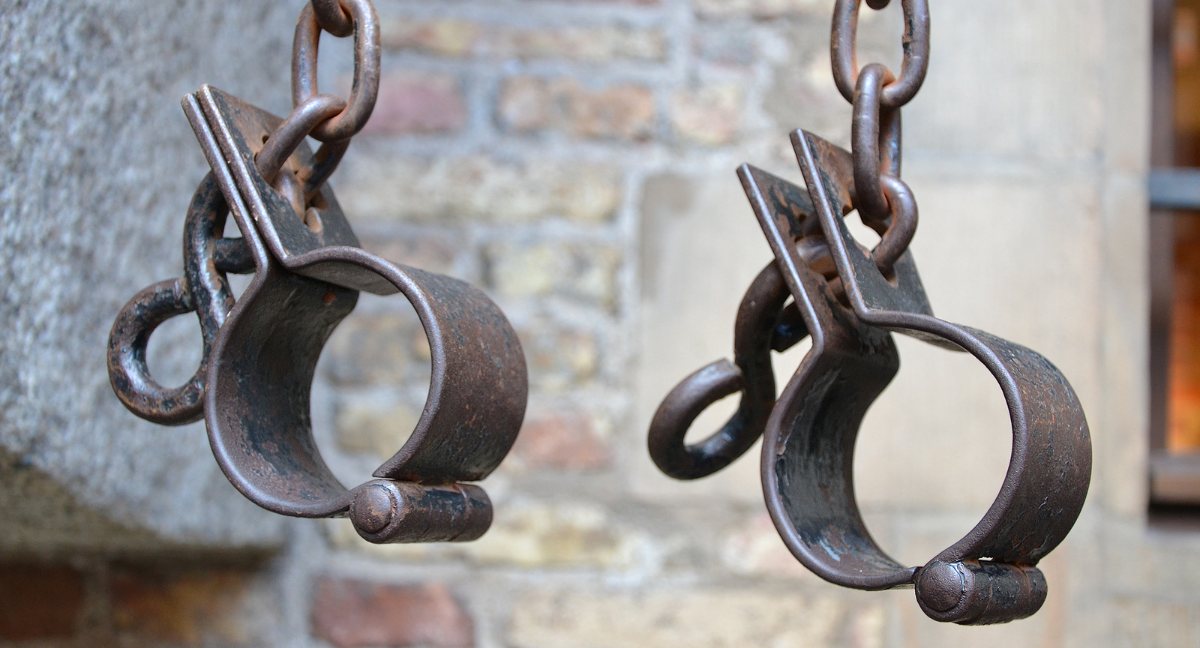
The ties of modern science to the Atlantic slave trade
It’s hard to admit, but natural history was built on the horrors of slavery
The Enlightenment view of science is that it is value-free and progressive. Recent scholarship undermines this optimism. Nineteenth Century American doctors experimented on slaves; Nazi doctors exploited concentration camp inmates; nuclear physicists were responsible for the destruction of Hiroshima, American doctors experimented on poor blacks at Tuskegee, and so on. Although it was clearly a great benefit to mankind, it was sometimes the servant of morally retrograde social practices.
An article in Science this week reports on some of the scholarship which has uncovered the close links between the trans-Atlantic slave trade and the development of modern science. This is most evident in natural history. Early botanists and biologists collected and catalogued specimens gathered by the officers and surgeons of slave ships which visited Africa and the Americas in the triangular trade routes. This has been extensively documented by historian Kathleen Murphy, a science historian at California Polytechnic State University in San Luis Obispo.
“Thousands of specimens collected through the slave trade still reside in places such as the Natural History Museum in London, and they're still used in genetic and taxonomic research,” says Science. “Yet few people using the collections know of their origins.”
“Scientific studies of drugs and dyes often opened new opportunities for slave traders. Merchants eagerly sought natural resources to exploit abroad and consulted scientists about the best way to hunt for and cultivate them. Quinine and other drugs gleaned from tropical locales, Murphy notes, also helped Europeans survive there. And the safer and more profitable a colony was, the more its commercial activity, including slavery, thrived, creating new demand for slaves. Scientific research, then, not only depended on colonial slavery, but enabled it and helped expand its reach.”
Other connections were more remote, but real. Isaac Newton relied upon tide readings from around the world when developing his theory of gravity. Some important data came from the French slave colony of Martinique. “Newton himself, who's really the paradigm figure of an isolated, nontraveling, sitting-at-his-desk genius, had access to numbers he wouldn't have had access to without the Atlantic slave trade,” says James Delbourgo, of Rutgers University.
Research by Murphy and Delbourgo has brought to light sobering facts. “There's a tendency to think about the history of science in this—I don't want to say triumphant, but—progressive way, that it's always a force for good,” Murphy told Science. “We tend to forget the ways in which that isn't the case.”
Michael Cook is editor of BioEdge
Creative commons
https://www.bioedge.org/images/2008images/FB-I-Have-A-Dream-The-End-Of-Sla-253358506_(1).jpg
enlightenment
science
slavery
- How long can you put off seeing the doctor because of lockdowns? - December 3, 2021
- House of Lords debates assisted suicide—again - October 28, 2021
- Spanish government tries to restrict conscientious objection - October 28, 2021
